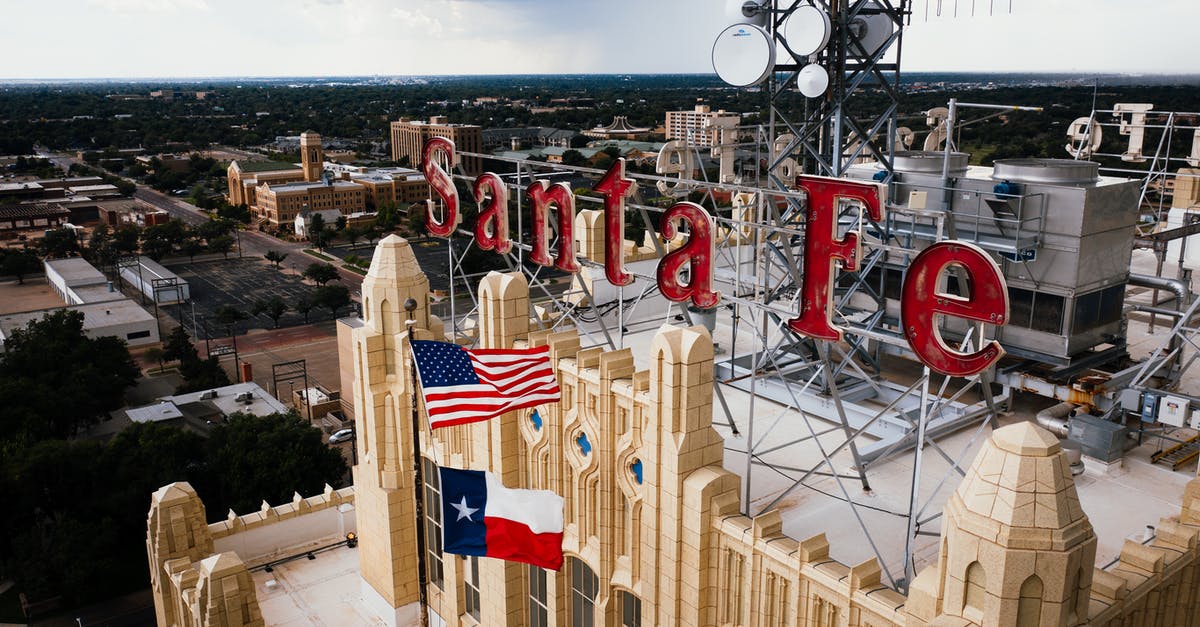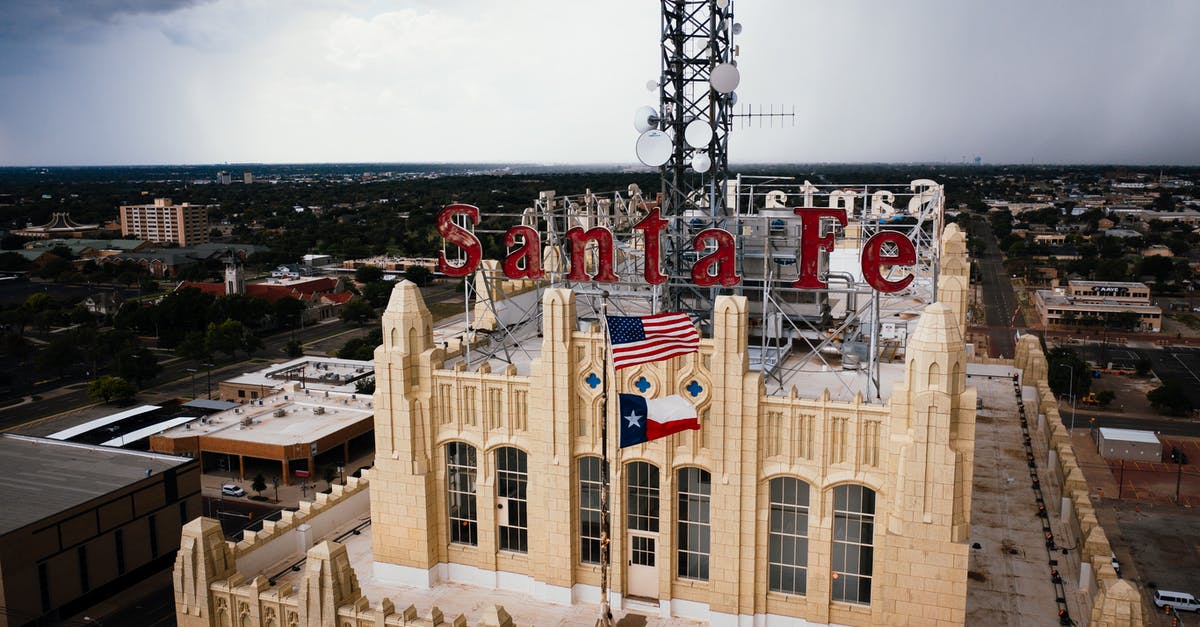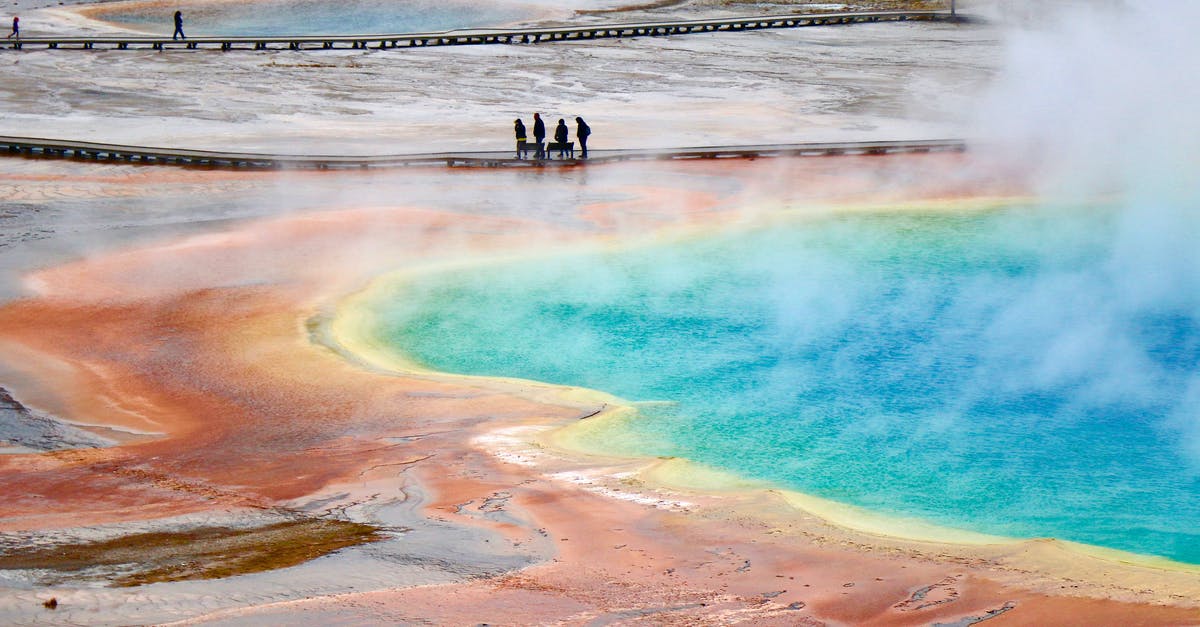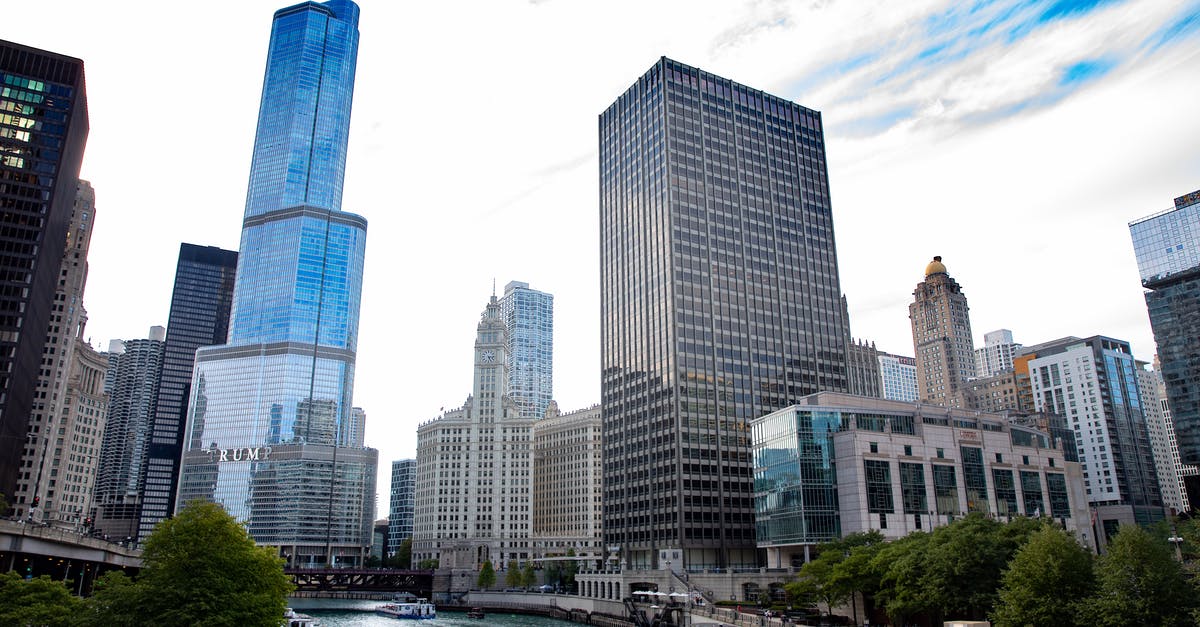Does the US Consulate know visa overstays?

What type of database does the US Consulate has access to? Do they know overstays? If so can they decide visa issuance based on that information? I just got a tourist visa but not quite sure if I have overstayed previous visa since I had D/S. Will I get stopped at the port of entry?
Best Answer
The US Consulate has access to all kinds of databases that we do not know about.
Do they know overstays?
They can find out if suspicious and they check. Obviously people have been issued with visas in error despite previously overstaying and having a ban. Many times those people are apprehended by immigration at the port of entry.
but not quite sure if I have overstayed previous visa since I had D/S.
D/S non-immigrants can overstay although they do not start accumulating unlawful presence.
Nonimmigrants Admitted for Duration of Status (D/S). If USCIS finds a nonimmigrant status violation while adjudicating a request for an immigration benefit, unlawful presence will begin to accrue on the day after the request is denied. Similarly, if an immigration judge makes a determination of nonimmigrant status violation in exclusion, deportation or removal proceedings, unlawful presence begins to accrue the day after the immigration judge’s order or the day after the Form I-94 expired, whichever comes first. Note that accrual of unlawful presence does not begin on the date that a status violation occurs, nor does it begin on the day on which removal proceedings are initiated.
So basically if in your case USCIS did not find an immigration violation or you never went before an immigration judge, you did not accrue unlawful presence. However student with D/S are supposed to leave within a set number of days of grace period.You could be stopped and denied entry at the port of entry if the immigration officer determines this.
If you are an F-1 student and have withdrawn from classes after receiving authorization from ISSS, you have 15 days to leave the U.S.
If you have withdrawn from classes without previous authorization, you have no grace period and must leave the U.S. immediately.
If you are an F-1 student and have completed your program of study, you have 60 days to leave the United States, apply for change of status, or transfer to another school. Note that this does NOT apply if you do not complete your program; if you leave without graduating, you do not receive a grace period.
If you are a J-1 student and have completed your program objective, you have 30 days to leave the United States or change to another visa status. Note that this does NOT apply if you do not complete your program objective; if you leave without completing your program objective, you do not receive a grace period.
Revision 8/8/2018
U.S. Citizenship and Immigration Services (USCIS) today posted a policy memorandum (PDF, 179 KB)changing how the agency will calculate unlawful presence for students and exchange visitors in F, J, and M nonimmigrant status, including F-2, J-2, or M-2 dependents, who fail to maintain their status in the United States.
The day after they no longer pursue the course of study or the authorized activity, or the day after they engage in an unauthorized activity;
Pictures about "Does the US Consulate know visa overstays?"



Does the US know if you overstay your visa?
Travel Records It's pretty easy for foreigners in the U.S. to know if they've overstayed their visas. All they need to do is look at their I-94 arrival and departure cards, which clearly state how long they can stay.What happens if someone overstays their visa in the US?
If you have more than 180 days of unlawful presence, meaning you overstayed your visa by 181 days or more, you will be barred from returning to the United States for a certain amount of time. If you were unlawfully present for between 180 and 365 days, you will be barred from entering the United States for three years.What happens if a Canadian overstays in the US?
They can be barred from returning to the U.S. for three years, and those who overstay for longer than a year face a 10-year ban. For more information, visit the U.S. Customs and Border Protection website. A criminal record will prevent you from entering the USA or obtaining your USA immigration status.Can I get US visa if I overstayed in us?
Before that, people who overstayed their status could leave the United States, apply for an appropriate visa, and return. Nowadays, unlawful presence counts the days of unauthorized stay, either after a status expires, or after an entry without inspection.Five Mistakes NOT to Make at your Immigration Interview
Sources: Stack Exchange - This article follows the attribution requirements of Stack Exchange and is licensed under CC BY-SA 3.0.
Images: Kelly L, Kelly L, Anna Arysheva, Victor Silas
